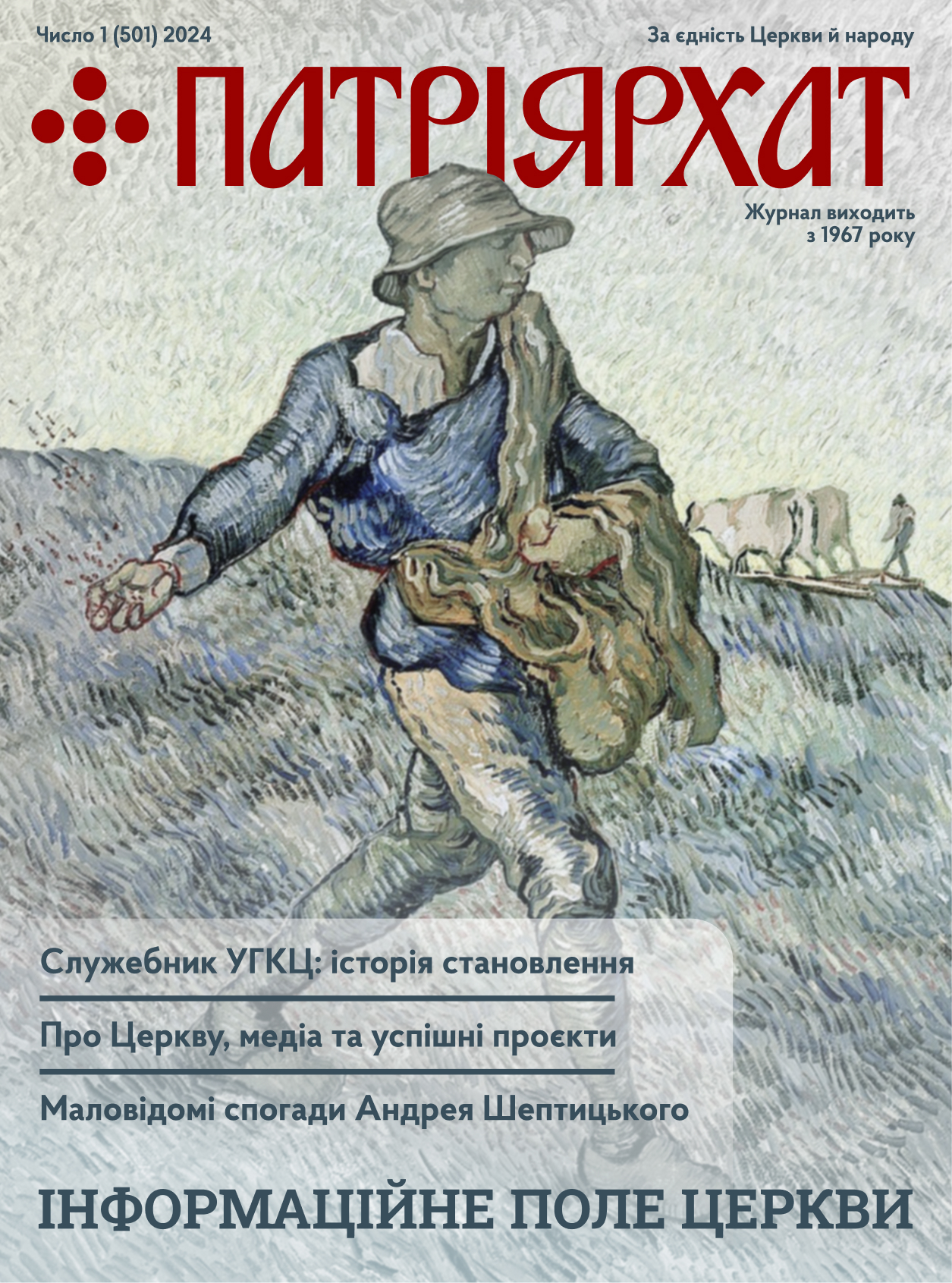(“The Voice of the Ukrainian Community”)
The present Vatican policy vis a vis Moscow continues to be examined by the world press. The most recent edition of Der Spiegel, a liberal if not left oriented, influential German journal, has a lengthy article on this topic under the following title: “The Pope also has a new Ostpolitik. He wants to normalize his relations with Moscow at the expense of the Polish Church.” This particular article examines primarily the attitude of the Polish Cardinal Stefan Wyszynski toward the activities of Archbishop Casaroli and his staff, and their attempts to establish better relations with the Russians. But almost half of the three columns which comprise the article is devoted to the Ukrainian Catholic Church and His. Beatitude Joseph Cardinal Slipyj. Ironically enough, both Cardinal Slipyj and Cardinal Wyszynski are seen as allies, inasmuch as they both oppose the surrender to the Kremlin. The article discusses the injustices committed by the Vatican toward the Ukrainian Catholic Church, such as the failure of the Vatican officials to protest when Patriarch Pimen of Moscow declared the Ukrainian Catholic Church non-existent in the Soviet Union, and stresses at the same time, the difficulties which the Polish Church suffers because of the present curial policies. It claims that the Poles still consider the Ukrainian territory of Galicia as their own church province and thus find themselves at odds with the Holy See, when the latter recognizes these diocese as legal entities of the Russian Orthodox Church.
The article also makes another very interesting revelation. It asserts, that the Polish hierarchs who were recently appointed for those territories which Poland acquired from Germany after World War Two, were appointed at the urging of the Polish Communist party. The Church, to be sure, wanted these appointments, but it considered this occasion as a very favorable moment to gain some concessions from the communist party of Poland, namely definite laws on religious instructions in schools and stricter laws on abortion. Rome did not bargain with the Polish communist party, but simply yielded to its demands. Cardinal Wyszynski is quoted as having made the following statement after he was informed about the state of affairs: “Why does Rome sell things so cheaply?”
But perhaps the most interesting story about the curial rapprochement policy with Moscow comes from the Yugoslavian newspaper Politika. In on of its recent issues, the paper claims that in order to manifest outwardly the improvement of relations between the Kremlin and the Vatican, the Holy Father will soon pay a visit to Patriarch Pimen in Moscow. As an afterthought, the author of the article in Politika adds, “naturally. Pope Paul VI would in this case also be a guest of the Kremlin.”

